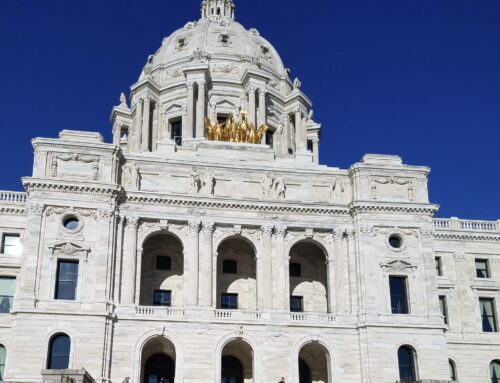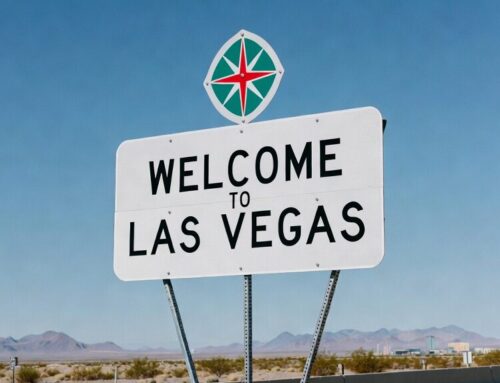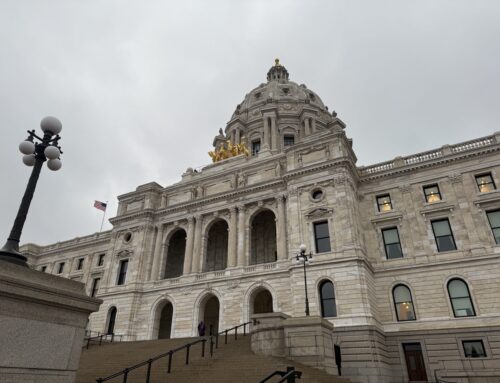September 29, 2025 | Mark Luis Foster
Forgive my absence for a few days from this blog space as my wife and I were visiting family out west. I continued to search for interesting HOA related articles while on vacation, and I came across this one that shows the state of Florida continuing its HOA spiral, largely due to rising insurance costs (surprise!). But it turns out that a state-mandated requirement to fully fund reserves is taking its toll too.
So homeowners associations of condominium properties in the sunshine state (of which there are many) now face a new threat: Abandoned-in-place condos.
From the VeroNews in Vero Beach (bolded/underlined for emphasis):
As the glut of condos on the market grows and units that do move selling for far below recent prices, an increasing number of individual condominium owners are unwilling or unable to pay their full share of increasing maintenance fees and special assessments.
And that also means that some owners are simply walking away from their condo, leaving the HOA in the unenviable position of having to turn on the long-shut-off electricity in order to stave off mold and mildew that grows well in the Florida environment.
The state’s new law that requires fully funded reserves may be having a reverse effect (another surprise!) from what was originally intended by lawmakers, with the VeroNews quoting Mark Shea of Vero Beach, one of the leaders of the Treasure Coast Condominium Alliance (TCCA), a group of close to 20 condominium associations stretching from Indian River Shores in the north to Stuart in the south, who blames the legislation passed in the wake of the 2021 collapse of the Champlain Towers condo complex in Surfside in South Florida for the present crisis.
In the article, Shea goes on to explain:
Supposedly to prevent future such collapses, new state laws forced all buildings three stories or higher that are close to the water to undergo “milestone inspections” on structural safety and then make arrangements to fully fund reserves for repairs mandated by the inspections. Shea said the well-intended safety legislation turned into a serious government over-reach, and wound up being no more than “a transfer of wealth, primarily from senior citizens (condo residents living on a fixed income) to the construction and banking industries.”
And sadly:
Shea noted that everyone in the construction industry, from licensed inspectors and contractors, as well as bankers who offer financing loans to strapped HOAs, has been making money on the backs of condominium owners hit hard by rising costs.
It’s as messy as a Cat 5 hurricane.
It’s an interesting read, and you can access it HERE.





